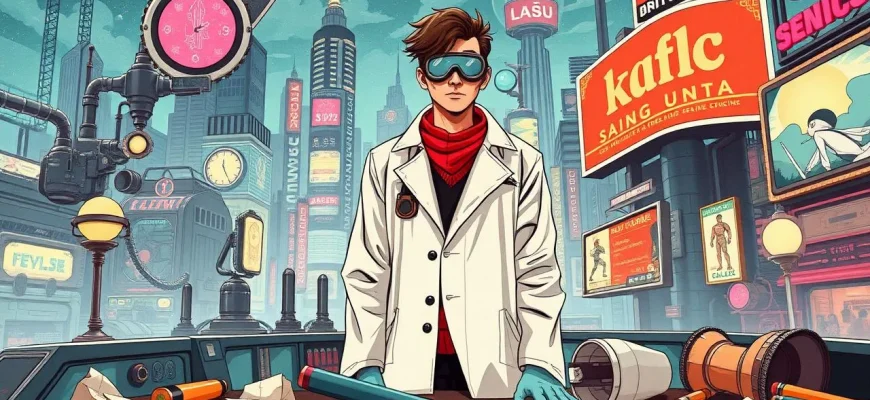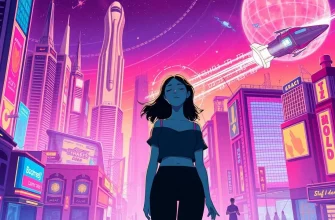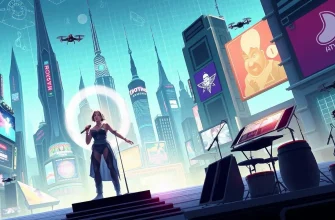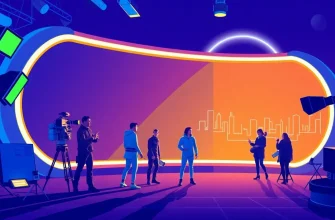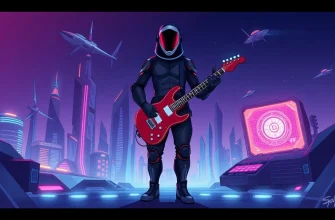In the vast universe of cinema, science fiction often explores the human condition through the lens of the extraordinary. This curated collection of 10 films focuses on the theme of creative crisis, where characters grapple with their artistic or intellectual blocks in futuristic or fantastical settings. These films not only entertain but also resonate with anyone who has ever faced the daunting challenge of a creative drought, providing both solace and inspiration through their imaginative storytelling.

The Matrix (1999)
Description: While not directly about creative crisis, the film's exploration of reality versus illusion can be seen as a metaphor for the struggle to find truth and inspiration in a world of distractions.
Fact: The Wachowskis developed the concept for "The Matrix" over several years, initially pitching it as a comic book.
 Watch Now
Watch Now
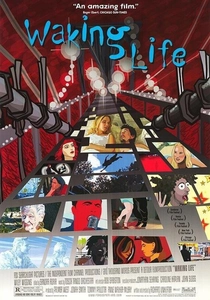
Waking Life (2001)
Description: This animated film delves into philosophical discussions, including the nature of creativity and the struggle to find meaning in life. The protagonist's dream-like journey reflects the creative mind's search for inspiration.
Fact: The entire film was rotoscoped, giving it a distinctive, dreamlike quality.
 Watch Now
Watch Now
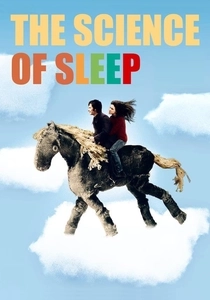
The Science of Sleep (2006)
Description: This film blurs the lines between dreams and reality, exploring the creative process through the lens of a man whose dreams start to invade his waking life.
Fact: Michel Gondry, known for his innovative visual storytelling, directed this film, which features many handmade special effects.
 Watch Now
Watch Now
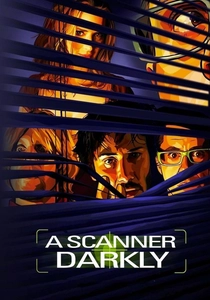
A Scanner Darkly (2006)
Description: This film, like "Waking Life," uses rotoscoping to tell the story of an undercover cop's descent into drug addiction, reflecting the disintegration of creativity and identity.
Fact: The film is based on Philip K. Dick's novel of the same name, continuing his legacy in exploring altered states of consciousness.
 Watch Now
Watch Now
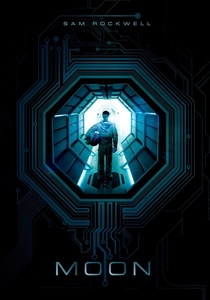
Moon (2009)
Description: A lone astronaut on a lunar base faces existential questions about his identity and purpose, mirroring the isolation and introspection often felt during a creative block.
Fact: Sam Rockwell performed nearly all of the film's dialogue, showcasing his range as an actor.
 Watch Now
Watch Now

The Adjustment Bureau (2011)
Description: This film explores the concept of fate versus free will, where a politician's life is controlled by mysterious agents. His struggle to regain control over his life and career can be seen as a metaphor for overcoming creative blocks.
Fact: The film is based on a short story by Philip K. Dick, and the hats worn by the agents are a nod to Dick's original story.
 Watch Now
Watch Now
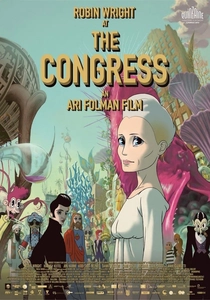
The Congress (2013)
Description: An aging actress sells her digital likeness to a studio, leading to a surreal exploration of identity and creativity in a world where reality and virtuality blur. It's a commentary on the commodification of creativity.
Fact: The film is based on the novel "The Futurological Congress" by Stanislaw Lem.
 Watch Now
Watch Now
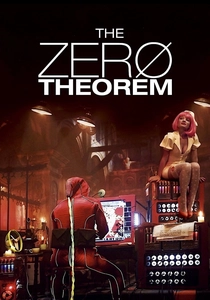
The Zero Theorem (2013)
Description: Qohen Leth, a computer programmer, is tasked with proving the Zero Theorem, a mathematical equation that could prove the meaninglessness of life. His journey is a poignant exploration of existential crisis and the search for purpose.
Fact: The film was directed by Terry Gilliam, known for his unique visual style and dystopian themes.
 Watch Now
Watch Now
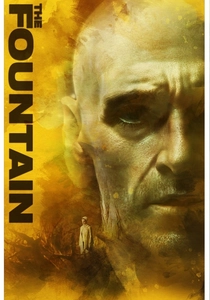
The Fountain (2006)
Description: Spanning three different time periods, this film explores themes of love, loss, and the quest for immortality, which can be paralleled to the eternal search for creative inspiration.
Fact: Darren Aronofsky, the director, had been trying to make this film for over a decade before it was finally released.
 30 Days Free
30 Days Free
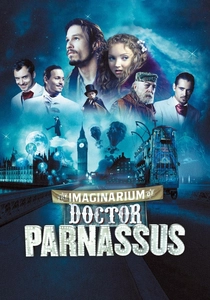
The Imaginarium of Doctor Parnassus (2009)
Description: A fantastical tale about a magician who must navigate through his own imagination to save his daughter. The film's exploration of imagination and creativity is both whimsical and profound.
Fact: Heath Ledger's role was completed by Johnny Depp, Jude Law, and Colin Farrell after his untimely death.
 30 Days Free
30 Days Free

